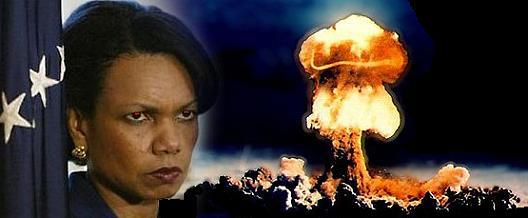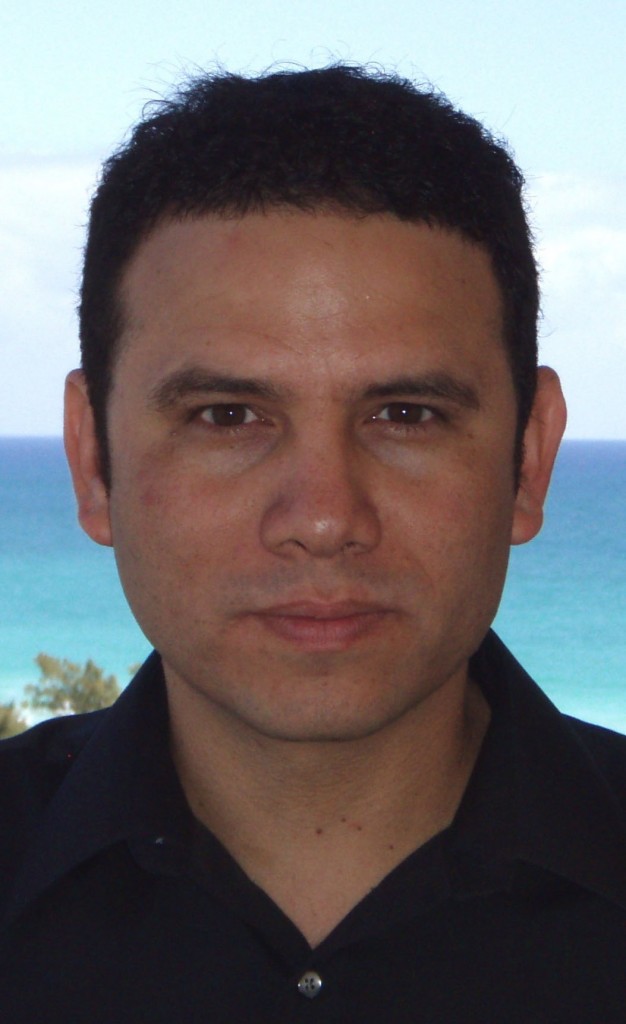
Weapons of mass deception: History repeats itself in Syria
MIAMI – With little to no popular support for military strikes in Syria, and having failed to secure a green light from the UN, President Barak Obama and Prime Minister David Cameron are resorting to propaganda to justify air strikes aimed at rescuing the cornered Syrian government opposition forces.
Prime Minister Cameron suffered an embarrassing defeat at the British parliament [last week] as he requested approval for military strikes against Syria and, according to an article by The Guardian, sixty percent of the British public agree with their members of parliament. On his part, President Obama seeks the same approval from a Congress that seems to second-guess him at every possible opportunity and, according to an NBC poll, close to 80% of the public oppose an attack on Syria without congressional approval. Meanwhile, the United Nations’ decision to give weapons’ inspectors time to analyze the evidence they have gathered has made any military strike a flagrant violation of international law. What this situation has created is a need to desperately score a victory in a different arena before military strikes gain approval: public opinion.
The constant repetition of images of civilian victims of alleged sarin gas and napalm bomb attacks by Syrian military forces aims to create the urgent sense of moral outrage and collective fear that throws peace-loving people into a humanitarian invasion frenzy. This is the same frenzy that was achieved when we heard then National Security Advisor Condoleezza Rice speak of the threat of a mushroom cloud to justify the U.S. invasion of Iraq. Prime Minister Tony Blair spoke of Iraq’s nuclear and chemical weapons capabilities, ready within 45 minutes, to justify British complicity and participation in the same invasion.
But these assertions hold little weight without the respective images of the slaughtering of civilians, and so it is up to Western networks to broadcast those images and to give voice to the doctored pleas for military intervention.

On August 29, the BBC produced a report of the incendiary bombing of a school in northern Syria by a fighter jet. Next to the video link we read the words: “The World Has Failed Our Nation.” Before the footage begins we see a warning: ‘This video contains some disturbing images.’ The video shows the chaos of the explosion’s aftermath, followed by a slender young man wearing jeans, described as the school’s headmaster, who begins to describe the scene: 10 dead, scores wounded. The reporter then narrates eyewitness reports of fighter jets repeatedly flying overhead looking for targets, “… gatherings of people outside bakeries, markets, hospitals… schools.” Images of the bombed schoolyard show a crater where the incendiary bomb was allegedly dropped from a fighter jet. We see the reporter speak into the camera: “…the air is still thick with the smell of whatever liquid, whatever chemical it was, that was dropped here.”
And yet, after several testimonies suggesting it is too difficult to determine the kind of weapons that were used, the reporter tells us, over images of a young burn victim named Ahmed, that the weapons used were not chemical but so-called conventional: “… banned from being used in civilian areas by many countries. The 15-year-old Ahmed’s government hasn’t signed that treaty.”
The report continues with footage of the burn victims as they enter a hospital. A man described as an eyewitness speaks into the camera: “Dear United Nations, you’re calling for peace, what kind of peace are you calling for? Don’t you see this!?” As the man speaks we see a young burn victim, get up and flash a V sign for the camera before he starts lamenting and wailing, a child follows him up and, before we know it, everyone in the room is moving about in a zombie-like fashion.
Towards sundown, once the chaos had ceased a little, we hear from a British doctor working with a charity group critical of the Al-Assad government: “We feel like (…) we just don’t matter. Like all of these children and all of these people who are being killed and massacred… we don’t matter. The world has failed our nation, and it’s innocent civilians who are paying the price.”
A quick search for videos of aerial bombardment aftermath would be sufficient to undermine the veracity of the BBC report. For starters, the alleged site of the aerial incendiary bombing shows a destruction radius of approximately two meters. The single crater on the ground left the building’s wall virtually intact, and no evidence of further damage is visible, which seems to suggest a planted improvised explosive device more than a bomb dropped by a fighter jet. The victims, apparently treated with some kind of white substance, show mostly minor superficial skin damage, not the horrifically charred and melted skin damage left by napalm or white phosphorous.
We hear that fighter jets have been repeatedly flying overhead looking for gatherings of people at markets, hospitals and schools, but there isn’t any video or picture evidence to back the claim. The dead, and the relatives of the dead and wounded, are mysteriously missing from the report. The viewers only hear from an eyewitness directly confronting the United Nations’ call for peace, and from a British doctor declaring that “… the world has failed our nation.”
The BBC report is only a small example of the ongoing propaganda war being waged by major Western media outlets in order to pave the way for an invasion of Syria. Recent history should serve as a tragic reminder of the millions of Iraqis killed and displaced by a brutal war justified by incessantly broadcasted threats of weapons of mass destruction that, a decade later, have not been found.
U.S. interventions in just this last decade show us that American military strikes against other nations do not depend upon approval by international law or congressional mandates. In the end, President Obama will not require a congressional blessing to justify the bombing of Syria; neither will he need to prove that the Al-Assad regime has used chemical weapons against civilians. The immediate goal is to rescue a cornered CIA-backed opposition that has little to no support from the Syrian people, and the main thing in the way of that rescue is overwhelming public opinion against it, both nationally and internationally.
This is the time to seek information beyond just Western media outlets, as they broadcast the alleged Syrian government use of chemical weapons and of napalm massacres of civilians, which, sadly, barely make the news when used against the people of Gaza or Fallujah by Israel and the United States. Don’t be fooled by questionable images of burned victims and their eyewitnesses as they call upon us to grant our blessing for even more massacres and bloodshed. The lives of the 100,000 Syrians who have already died in the chaos of a U.S.-funded war are not less valuable and a carpet of U.S. bombs will not bring them back.
http://www.youtube.com/watch?v=ISH8wlT59Eg
Camilo Mejia is a U.S. Army and Florida National Guard veteran. In 2004, he became the first soldier to publicly refuse further participation in the Iraq war, which he denounced as illegal and oil-driven. Following his court-martial and consequent conviction, Amnesty International adopted him as a prisoner of conscience and launched a campaign to demand his safety and freedom. After 9 months of incarceration at Fort Sill, Oklahoma, Camilo was released and became a member of the organization Iraq Veterans Against the War, eventually becoming its Board Chair. Currently Camilo is working as an organizer with the Miami Workers Center on the Immigrant campaign. He is also the son of Carlos Mejia Godoy, Sandinista songwriter.


